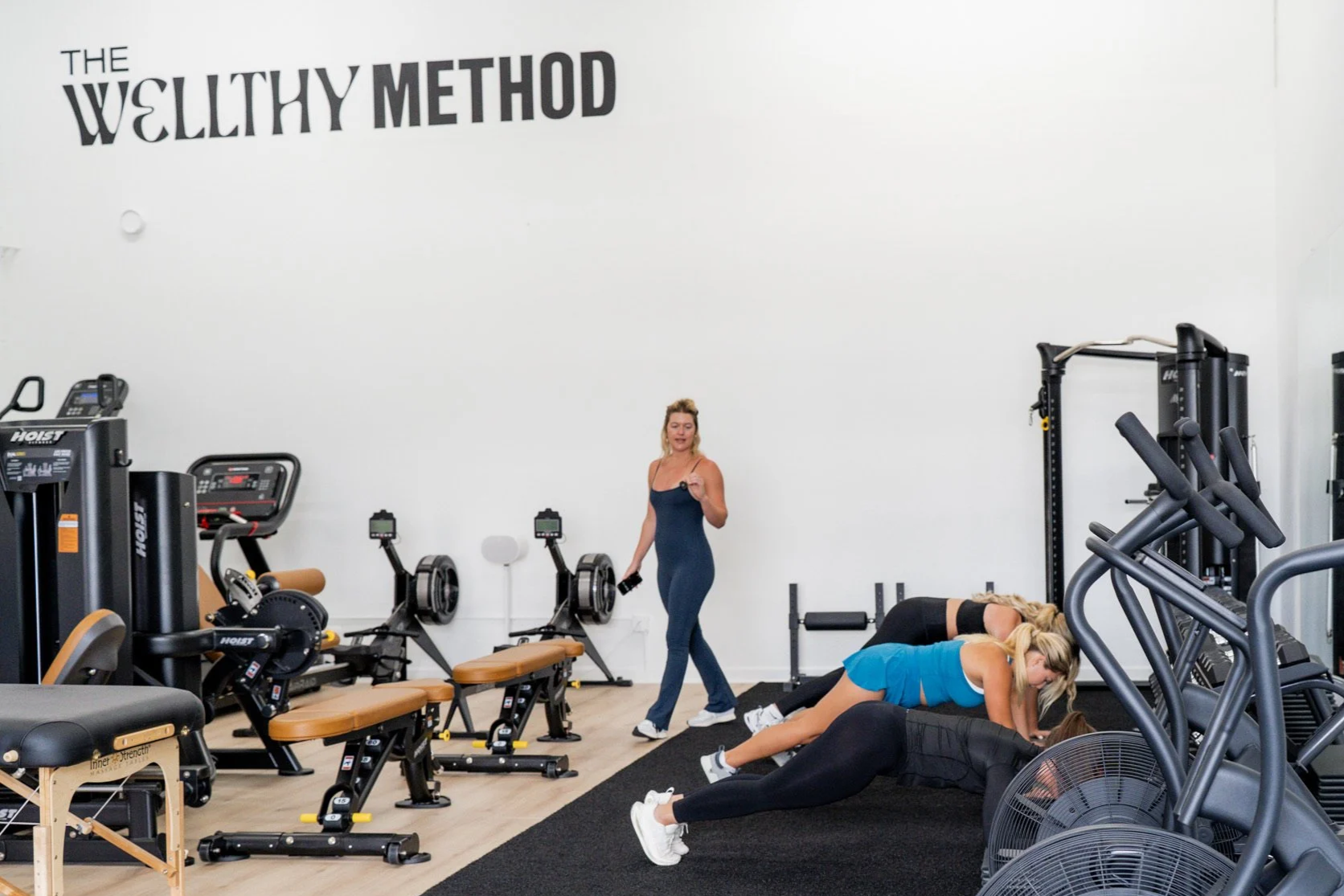Why Quality Sleep Is the Secret Weapon for Strength Training Success
Most people put all their energy into two things when it comes to fitness: workouts and nutrition. And while both are crucial, there is a third piece of the puzzle that often gets overlooked: quality sleep. If you are training hard in the gym and fueling your body with the right foods but still not seeing the progress you want, your quality of sleep could be holding you back. Think of sleep as your body’s reset button and the missing piece for better strength, faster recovery, and long-term results.
Why Sleep Matters for Strength Training
Sleep is not just beauty rest. It is when your body does all the heavy lifting of recovery. During deep stages of sleep, your muscles repair microscopic tears from training, hormones balance out, and your brain organizes everything you have learned that day. Without enough rest, your body struggles to recover, making it harder to build lean muscle, increase strength, and perform at your best. You may even notice your immune system decreasing.
Sleep is just as important, if not more, as your workouts and your nutrition intake. Without it, your hard work in the gym simply does not get the chance to pay off as efficiently.
5 Key Reasons Quality Sleep Boosts Strength Training Success
Muscle Repair and Growth
During deep sleep, protein synthesis and muscle tissue repair are at their peak. This is when your body transforms all that effort you put into lifting weights into actual gains.Hormone Balance
Sleep helps regulate hormones like testosterone and growth hormone (key players in muscle growth) while keeping cortisol (the stress hormone) in check. Poor sleep means more stress and less muscle.Energy and Performance in the Gym
Sleep replenishes glycogen stores, keeping your energy levels steady. Well-rested athletes lift heavier, push harder, and last longer.Mental Focus and Motivation
Ever notice how everything feels harder when you are tired? Sleep improves reaction time, focus, and mental drive, all of which are essential for pushing through a tough workout. It even levels out your ability to think logically.Injury Prevention
Fatigue makes you sloppy with your form, slower to react, and more prone to injuries. Quality sleep sharpens coordination and keeps your body resilient. It also gives you a boost to focus and make better mind-body connections.
Signs You Are Not Getting Enough Quality Sleep
Not sure if your recovery is suffering? Watch out for these few things:
Consistently dragging through workouts
Struggling to lift weights you usually manage well
Feeling more sore than usual, even days after a session
Cravings for sugar and caffeine, especially in the afternoon - ever heard of the afternoon slump?
Irritability, brain fog, or lack of motivation
More irritable throughout the day
If these sound familiar, chances are your sleep routine needs a reset. But don’t be afraid, with a little extra attention you can manage this easily.
My Tips for Better Sleep
You do not need to overhaul your life to improve sleep. Small, consistent changes go a long way. Try these science-backed strategies:
Stick to a consistent schedule (wake up and go to bed at the same times, even on weekends)
Create a dark, cool environment (blackout curtains, eye masks, and keeping the room around 65–68°F)
Unplug from screens at least 30–60 minutes before bed since blue light interferes with melatonin production
Establish a calming bedtime routine (reading, stretching, journaling, face mask, or white noise)
Avoid heavy meals, alcohol, and caffeine close to bedtime
Find a way that suits your lifestyle, to track your sleep. I personally use an Oura Ring and LOVE it.
The importance of sleep in fitness cannot be overstated. When it comes to strength training, sleep is not a luxury. It is your secret weapon. If you want to maximize results, boost performance, and recover faster, make sleep just as non-negotiable as your workouts.
Start tracking not only your workouts but also your sleep. The connection between workout recovery and sleep could be the breakthrough you have been missing.
For more behind-the-scenes recovery tips, follow me on Instagram and TikTok @wellthyerin. And do not forget to check out wellthybyerin.com for wellness resources to help you feel and perform your best.
Frequently Asked Questions
Q: How many hours should athletes sleep? Most adults need 7–9 hours, but athletes benefit from 8–10 hours to fully recover.
Q: Does sleep improve strength directly? Yes. Studies show people who get adequate sleep have better strength gains and endurance compared to those who are sleep-deprived.
Q: Can naps help with recovery? Absolutely. Short naps (20–30 minutes) can boost alertness, mood, and even muscle recovery if nighttime sleep was cut short.
Q: How does sleep affect workouts the next day? Poor sleep leads to decreased energy, weaker lifts, slower reaction times, and reduced motivation. Quality sleep equals better performance in the gym.



